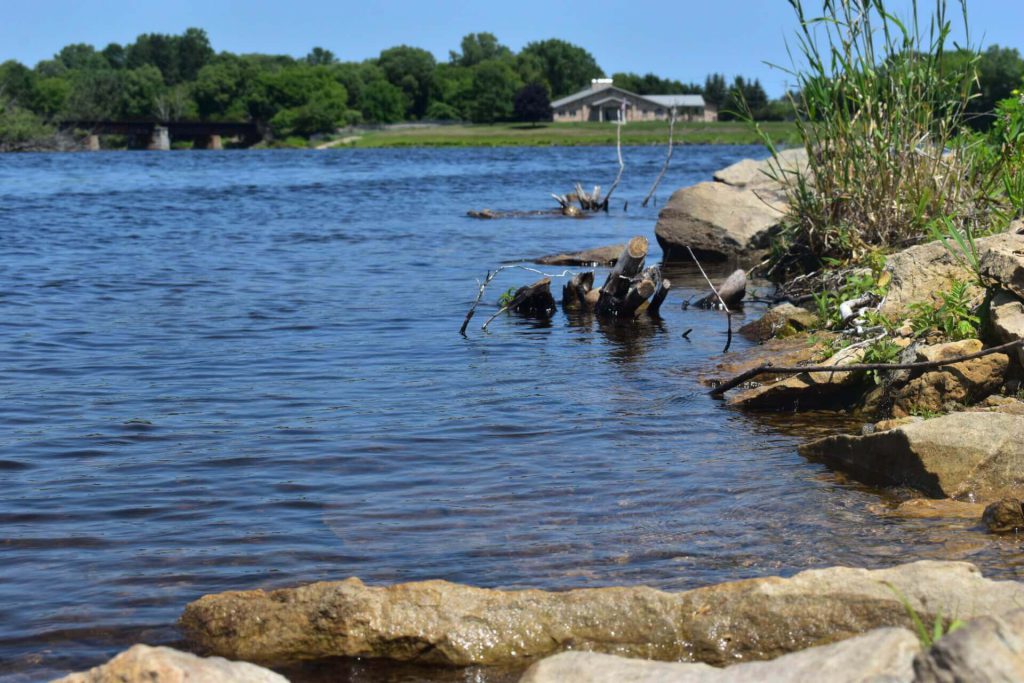To Attract Young Workers Address Climate Change
Our neighboring states doing it. Wisconsin falling behind.
There is little dispute that Wisconsin businesses are grappling with a worker shortage, but there’s growing debate about how to solve it. One major Wisconsin business group recently suggested that lowering the tax rate on the state’s top income bracket (individual incomes above $263,000) would help address the worker shortage. Since the average Wisconsin income is $33,000, it seems unlikely that lowering taxes on our wealthiest residents would help fill open jobs in manufacturing, construction, health care, education, retail, and government. But there is another winning strategy that is often overlooked, and that involves building the kind of sustainable communities where young people want to live.
Research has shown that millennials are more worried about climate change than Generation X or baby boomers, and that generational trend persists for both Democrats and Republicans. Generation Z, now transitioning into adulthood and the workforce, leads the older generations in ranking climate change as a top personal concern. So if climate change is a critical issue for the members of our society who make up a significant and growing portion of the workforce and who will soon constitute a majority of the electorate, why aren’t businesses and politicians doing more to address it?
Wisconsin is already falling behind other states in building attractive communities and a healthier climate. Young people want to use clean electricity, but that’s not always easy if, for example, they rent their homes and can’t install their own solar panels. Meanwhile, Minnesota has made renewable energy more accessible by passing community solar legislation which makes it easier for residents to buy into a shared solar array.
In Wisconsin, only some utilities offer such programs and they’re often oversubscribed. Our neighbors in Illinois passed the Climate and Equitable Jobs Act last fall, positioning them as a national leader in the transition to renewable energy, cleaner transportation, and cost-saving energy efficiency. Wisconsin has not been able to pass such a sweeping climate policy to date, though some of our elected officials are working hard to advance visionary proposals.
Gov. Tony Evers has set a bold goal for our state: 100% carbon-free electricity by 2050. In 2020, the Governor’s Task Force on Climate Change developed dozens of recommendations for how to achieve that goal and a clean energy plan to put those ideas into action will be released soon. Just two months ago, dozens of bills were introduced in the state Legislature that would help tackle the climate crisis while making it easier to walk, bike, breathe clean air, power our lives with renewable energy, and save energy and money from efficient buildings.
Younger generations are also seeking safer, cleaner ways to get around. A proposal brewing in Milwaukee to develop a 30th Street Corridor trail would help make neighborhoods along the Corridor more walkable, bikeable, and accessible overall. Investments in electric vehicle charging infrastructure across Wisconsin, a topic under consideration by state lawmakers, will help usher in the transition to electric cars favored by millennials and Generation Z.
Wisconsin cannot afford to fall further behind our neighbors and the rest of the country. Our state leaders can position Wisconsin as a great place to live, work, and play. But to do that, they need to set aside the absurd notion that lowering taxes on the rich would somehow attract a working class. Instead, businesses and elected officials must embrace the issues that younger workers truly care about, like climate change, and then work in earnest to advance solutions like promoting clean transportation and renewable energy for all.
If we do this right, we can address the labor shortage and climate change at the same time, attracting younger generations to Wisconsin with the promise of economic opportunity, good health, and a bright future.
To attract young workers, address climate change reprinted with permission of Wisconsin Examiner.
Op-Ed
-
Unlocking Milwaukee’s Potential Through Smart Zoning Reform
 Jul 5th, 2024 by Ariam Kesete
Jul 5th, 2024 by Ariam Kesete
-
We Energies’ Natural Gas Plans Are A Mistake
 Jun 28th, 2024 by John Imes
Jun 28th, 2024 by John Imes
-
Milwaukee Needs New Kind of School Board
 Jun 26th, 2024 by Jordan Morales
Jun 26th, 2024 by Jordan Morales




















